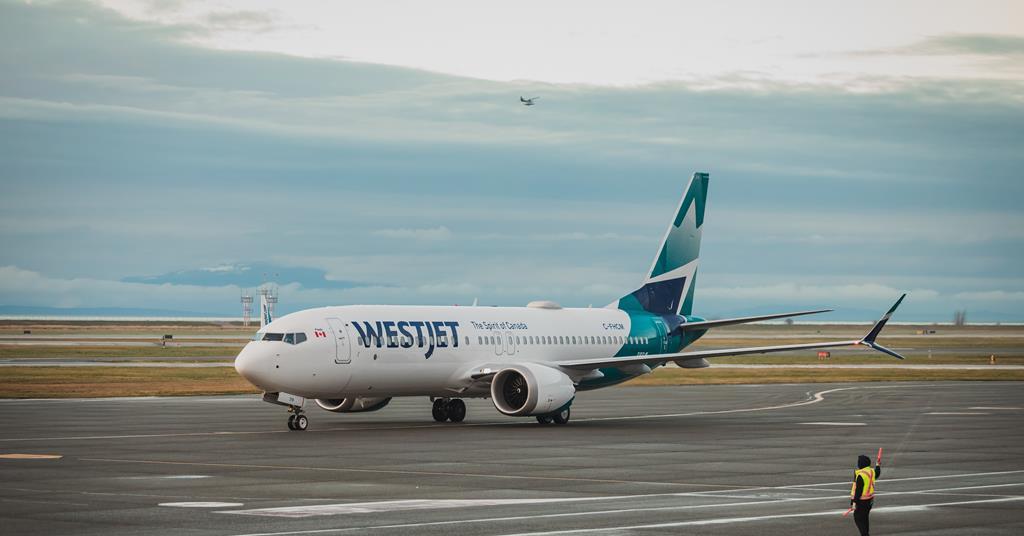ILA union: Strike in ports on the east coast “becoming increasingly likely”

The clock is ticking for contract negotiations at ports on the East and Gulf Coasts.
The International Longshoremen’s Association (ILA) said in a statement on Friday that the threat of a strike after the current September 30 deadline was becoming “increasingly likely” as negotiations remained at an impasse.
Harold Daggett, ILA president and chief negotiator, said maritime employers represented by the United States Maritime Alliance (USMX) are “running out of time” to negotiate a new framework agreement and avoid a work stoppage at 36 coast-wide ports from Maine to Texas.
“With only 80 days left until the end of our current contract, we are waiting for USMX,” Daggett said Friday. “Violations by some of their members of our current master agreement have led us to cancel negotiations with USMX scheduled for early June.”
The violations relate to the ILA’s discovery that Maersk-owned APM Terminals and Maersk Line at the Port of Mobile in Alabama used an “auto gate” system that powers the gate that allows trucks to enter and exit a terminal and be processed autonomously and without union labor. This system is reportedly used at other ports as well, the union said.
Following this discovery, the ILA announced in June that it would not meet with USMX until the auto-gate problem was resolved.
In the following months, the talks were not resumed.
Daggett and the union have been lobbied against automation for years, fearing the equipment could cost jobs. Their current contract with USMX states: “No fully automated terminals may be developed and no fully automated equipment may be used during the term of this master agreement.”
The term “fully automated” is defined under the current agreement as machines/equipment that operate without human interaction. While the agreement allows scope for the introduction of semi-automated equipment, both parties must agree to certain worker protection measures and staffing levels.
Both the ILA and USMX have remained tight-lipped about the terms of the new agreement, particularly the use of automation in the future, but the union’s stance on Auto Gate suggests it will not back down from previous agreements.
According to the ILA statement, the union is still waiting for the results of an audit of jobs created by new technologies – a report it says it has been waiting for for nearly two contract terms.
The ILA has observed an increasing number of IT personnel at marine terminals and fears that the IT departments of APM and Maersk in Charlotte, North Carolina, are encroaching on its areas of responsibility.
Any new contract is likely to be similar to the 32 percent pay raise that West Coast dockworkers received last summer when they agreed to a new six-year contract.
The pact also included an additional “hero bonus” package for work during the early stages of the Covid-19 pandemic.
The ILA said it expects shipping companies to recognize the contributions ILA dockworkers have made during the pandemic whenever they resume negotiations, another sign that a similar package will be part of the negotiating process.
The union criticises the profits made by sea freight companies since the beginning of 2024 amid disruptions in the Red Sea, which have led to a rise in sea freight rates.
Daggett said rank-and-file ILA members were “100 percent behind him” and reiterated that workers were ready to “take to the streets” on October 1 if the union’s wage demands were not met.
“We will not be entering into discussions about extending the current contract, nor are we interested in seeking assistance from outside entities that interfere in our negotiations with USMX,” Daggett said. “This includes the Biden administration and the Department of Labor.”
While the union insists the federal government does not want to intervene, companies are hoping for a different outcome. Late last month, about 160 trucking associations and industry groups, including the U.S. Chamber of Commerce and the National Retail Federation, sent a joint letter to the White House urging it to work with both parties immediately to resume contract negotiations.
“Such disruptions and their negative economic impacts are well documented. We have seen a significant shift in cargo from the West Coast to East Coast and Gulf Coast ports due to the challenges and uncertainty during recent collective bargaining negotiations at West Coast ports,” the letter said. “While much of this business remained in East Coast and Gulf Coast ports, we are seeing a shift back to West Coast ports where a long-term contract is in place, particularly now as we enter the busy peak shipping season.”


